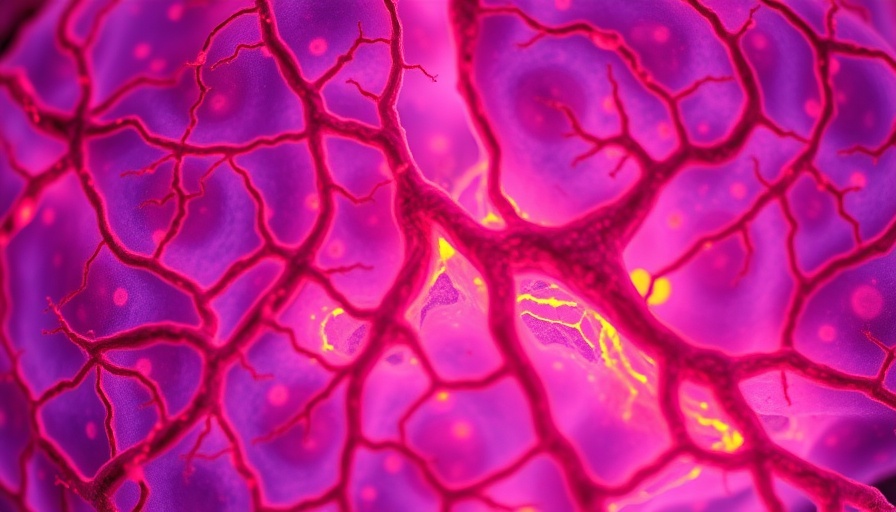
Understanding HAPLN2: A New Player in Age-Related Brain Changes
As we grow older, our bodies undergo various changes, and one area that continues to intrigue scientists is the brain. Recent research has unveiled the role of HAPLN2, a hyaluronan-binding protein, in age-related brain inflammation. This protein, which is part of the extracellular matrix, forms harmful aggregates that disrupt normal brain functions, particularly among the elderly. Scientists have discovered that these aggregates not only contribute to neurodegenerative conditions but also provoke inflammatory responses from microglia, the brain's resident immune cells.
The Link Between Aging and HAPLN2 Aggregation
Older adults often experience a build-up of neurotoxic proteins. In the case of HAPLN2, elevated levels of hyaluronic acid and impaired microglial function lead to its accumulation, which in turn ignites inflammatory responses both in laboratory settings and in real-life observations. Interestingly, this aggregation has been noted in the human cerebellum, indicating a significant connection between aging and HAPLN2. Increased levels of these protein aggregates could be a critical factor contributing to cognitive decline in aging populations, emphasizing the need for further studies into brain health as we age.
Why This Matters for Seniors
The findings about HAPLN2 underscore the importance of maintaining brain health as we age. Understanding the mechanisms of protein aggregation helps pave the way for potential therapies targeting the root causes of inflammation, potentially improving cognitive function and overall well-being. For seniors looking to enhance their health, staying informed about such developments can inspire proactive measures to care for their brains.
Feeling Empowered About Aging
Knowledge is power, especially when it comes to aging. As seniors, being aware of the impact of proteins like HAPLN2 encourages us to prioritize brain health, engage in stimulating activities, and lead healthier lifestyles. This research is a reminder to embrace positive changes, including seeking out social connections and staying physically active. Simple actions like these can significantly influence one’s mental health and emotional well-being.
Your Path to Better Brain Health
As scientific understanding expands, so too does our ability to tackle aging-related health issues. Consider exploring ways to support your brain health, such as through engaging puzzles and maintaining a balanced diet. By taking proactive steps and staying informed, we can collectively aim for healthier, more fulfilling lives as we navigate the aging process.
 Add Row
Add Row  Add
Add 




Write A Comment